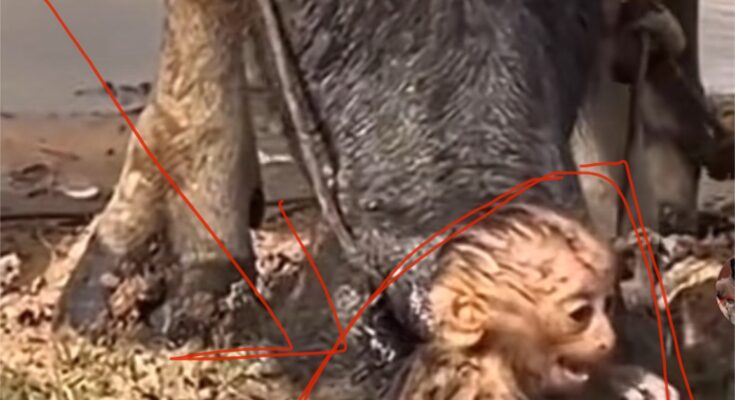Baby monkeys, like human infants, are highly sensitive to their environment. Their survival instincts are strong, and fear responses play a crucial role in protecting them from potential threats. Understanding how baby monkeys display fear is essential for researchers, zookeepers, wildlife rehabilitators, and even tourists who encounter these animals in the wild or captivity. Below are key signs that indicate when a baby monkey is afraid of something.
1. Clinging to the Mother
One of the most immediate and obvious signs of fear in baby monkeys is clinging tightly to their mother or caregiver. When they sense danger, baby monkeys instinctively seek the safest place — usually the arms, chest, or back of their mother. This behavior not only provides physical protection but also emotional comfort.
2. High-Pitched Screeches or Whimpers
Vocalization is a powerful tool for communication among monkeys. When frightened, baby monkeys may emit high-pitched screeches, cries, or continuous whimpering. These sounds are different from their playful or hunger-related noises and often indicate stress or fear. In groups, such cries can alert adult monkeys to potential threats.
3. Freezing in Place
Like many young animals, baby monkeys may exhibit a “freeze” response when they are afraid. This behavior involves suddenly stopping all movement and remaining motionless. The freeze reaction is a natural defense mechanism meant to avoid detection by predators. If a baby monkey abruptly stops moving and seems fixated on a particular object or direction, it’s likely experiencing fear.
4. Wide-Eyed Staring and Dilated Pupils
Fear often causes physiological changes in animals. In baby monkeys, you may notice wide, staring eyes with dilated pupils when they’re scared. This heightened visual awareness helps them scan their surroundings more effectively for danger. These expressions are especially noticeable in species with expressive facial features like macaques or capuchins.
5. Trembling or Shaking
Just like humans, baby monkeys may physically tremble when scared. This involuntary shaking is a clear indicator of anxiety or panic. It’s more common in very young or highly sensitive individuals and may be accompanied by other fear responses like vocalizations or clinging.
6. Sudden Retreat or Hiding
A fearful baby monkey might suddenly dart behind its mother, under leaves, or into a nearby shelter. This sudden movement away from a stimulus is a classic flight response. Even when there is no actual danger, an unfamiliar object, sound, or person can trigger this reaction.
7. Refusal to Play or Eat
Fear can suppress a baby monkey’s normal behavior. If a typically active infant suddenly stops playing, eating, or engaging with its environment, it may be feeling insecure or scared. This withdrawal is a coping mechanism and can indicate ongoing stress if it persists.
Conclusion
Recognizing the signs of fear in baby monkeys is crucial for their care and conservation. These intelligent and emotional creatures rely heavily on their instincts and caregivers for protection. By learning to interpret their behavior, we can ensure their environment is safe, nurturing, and free from unnecessary stress.



